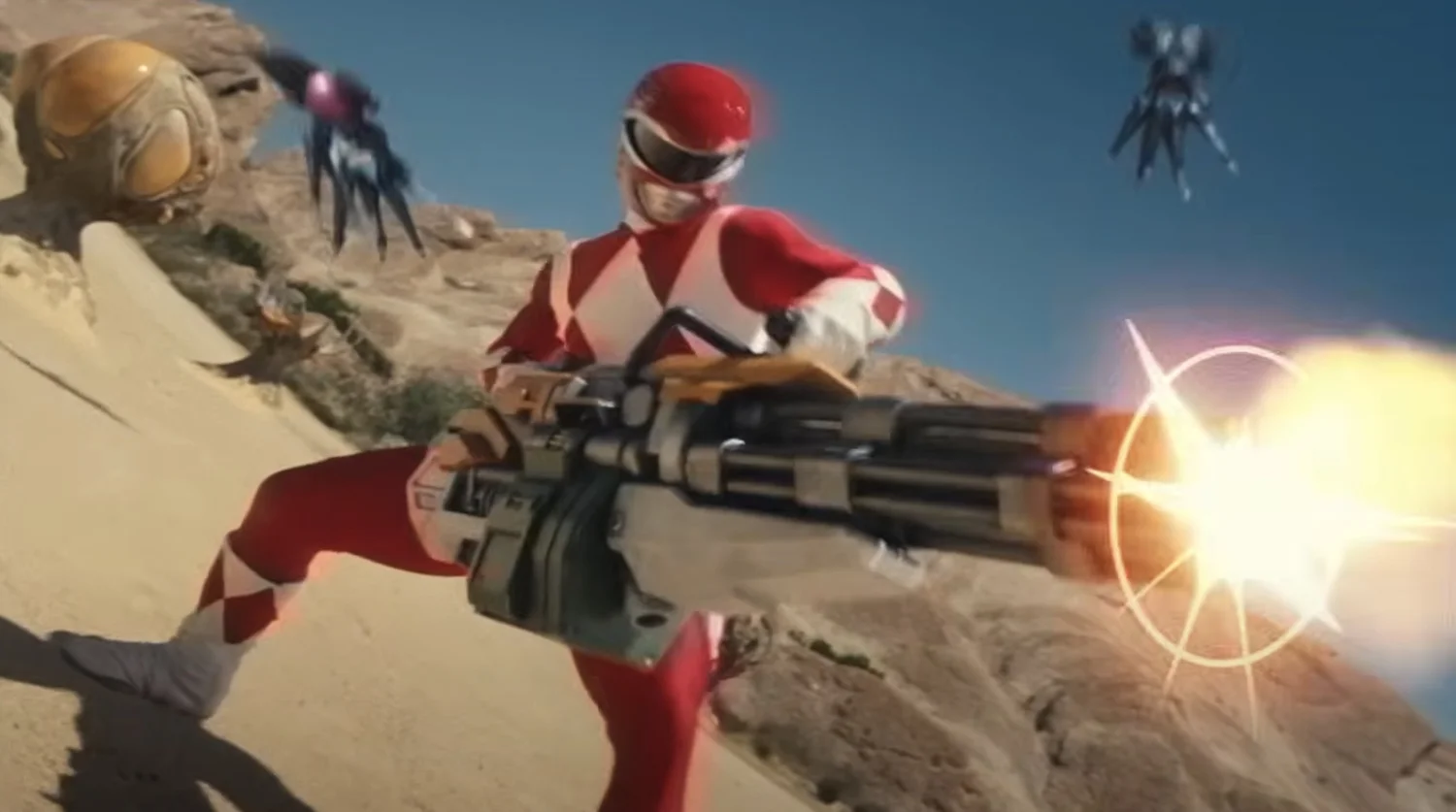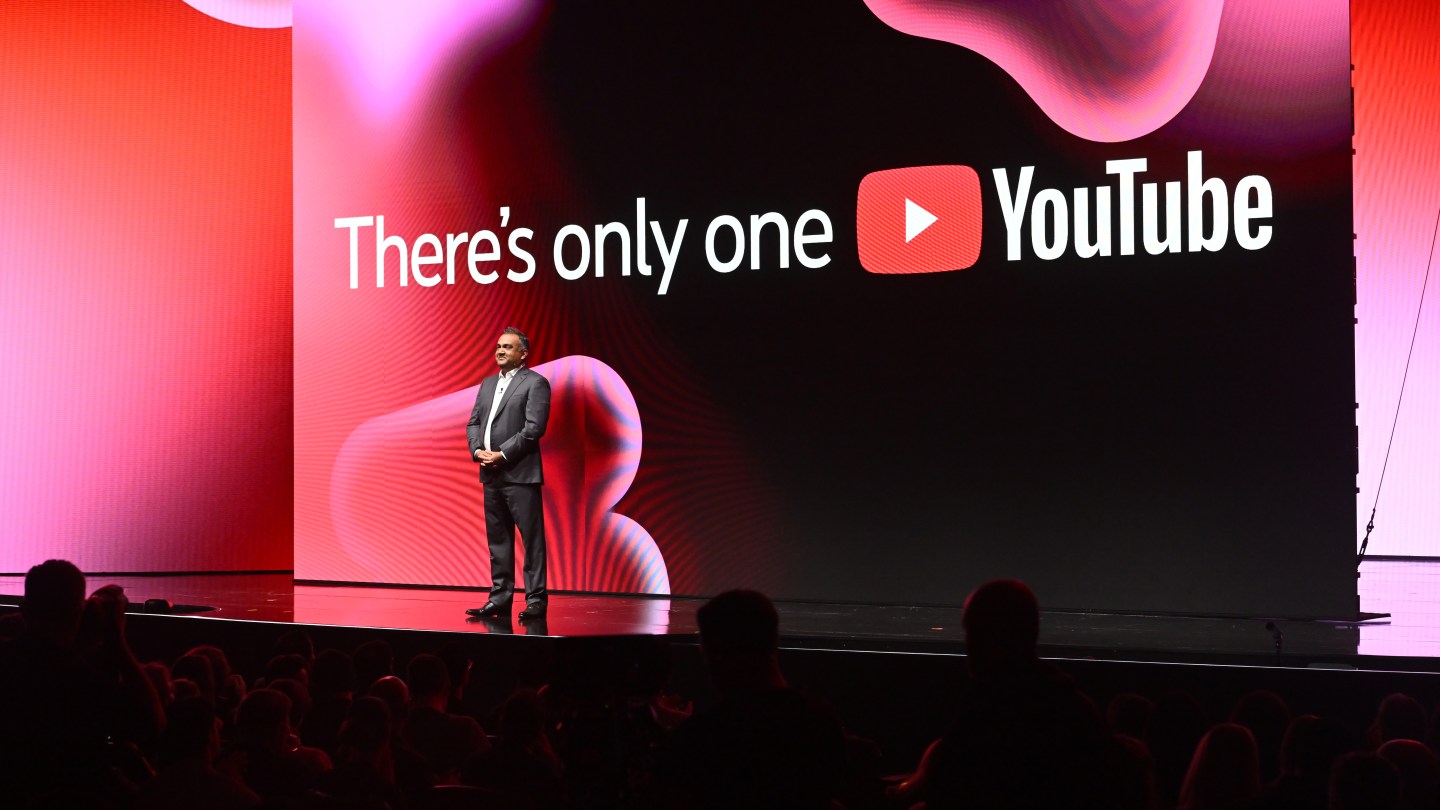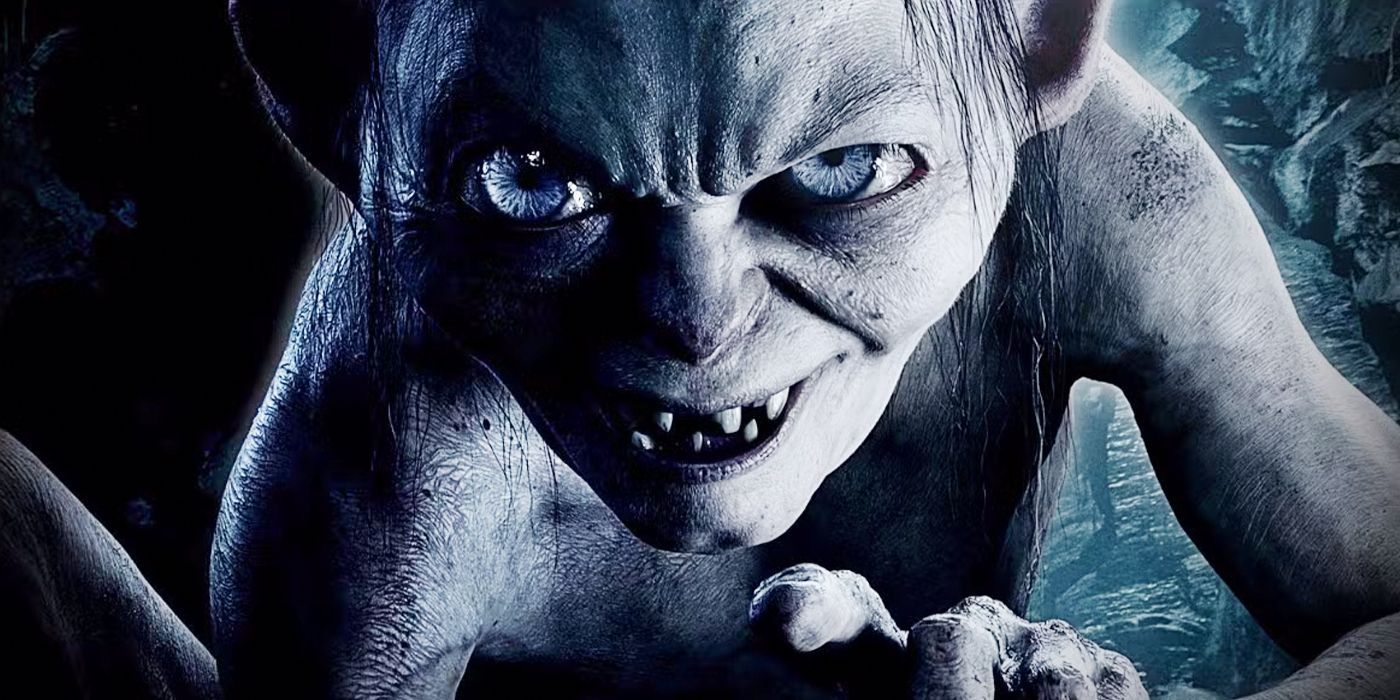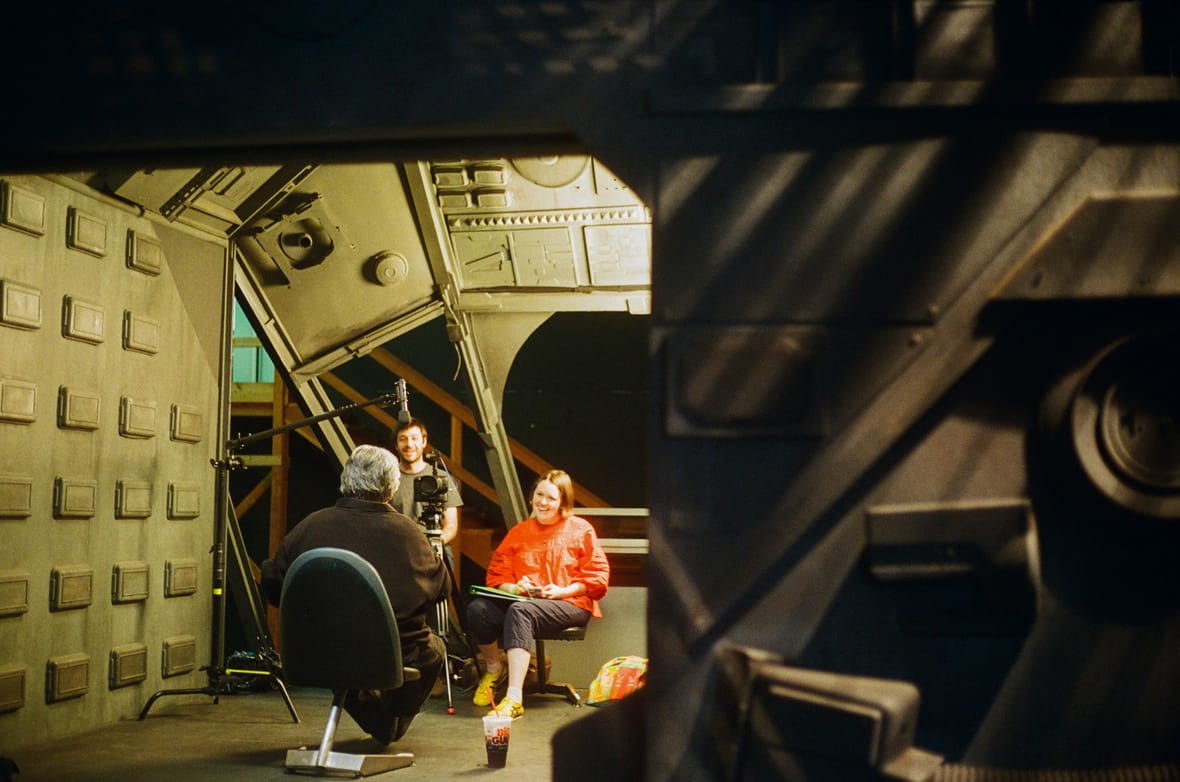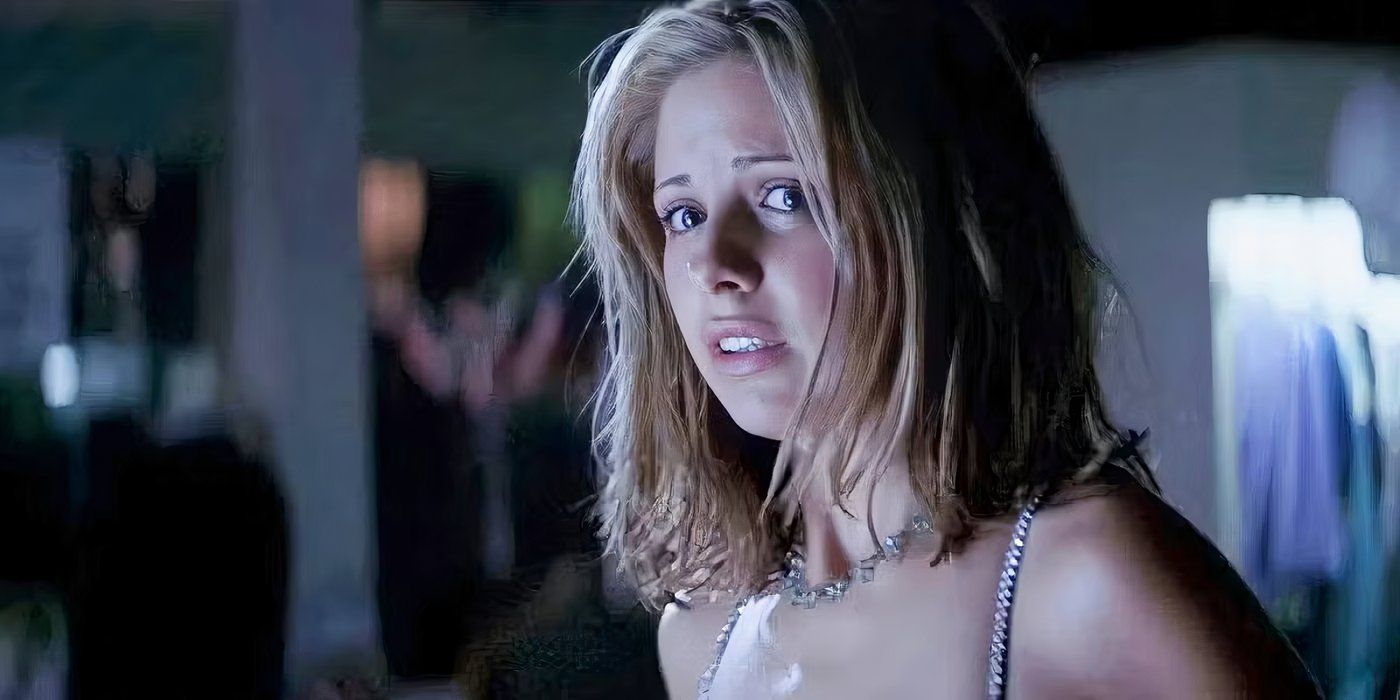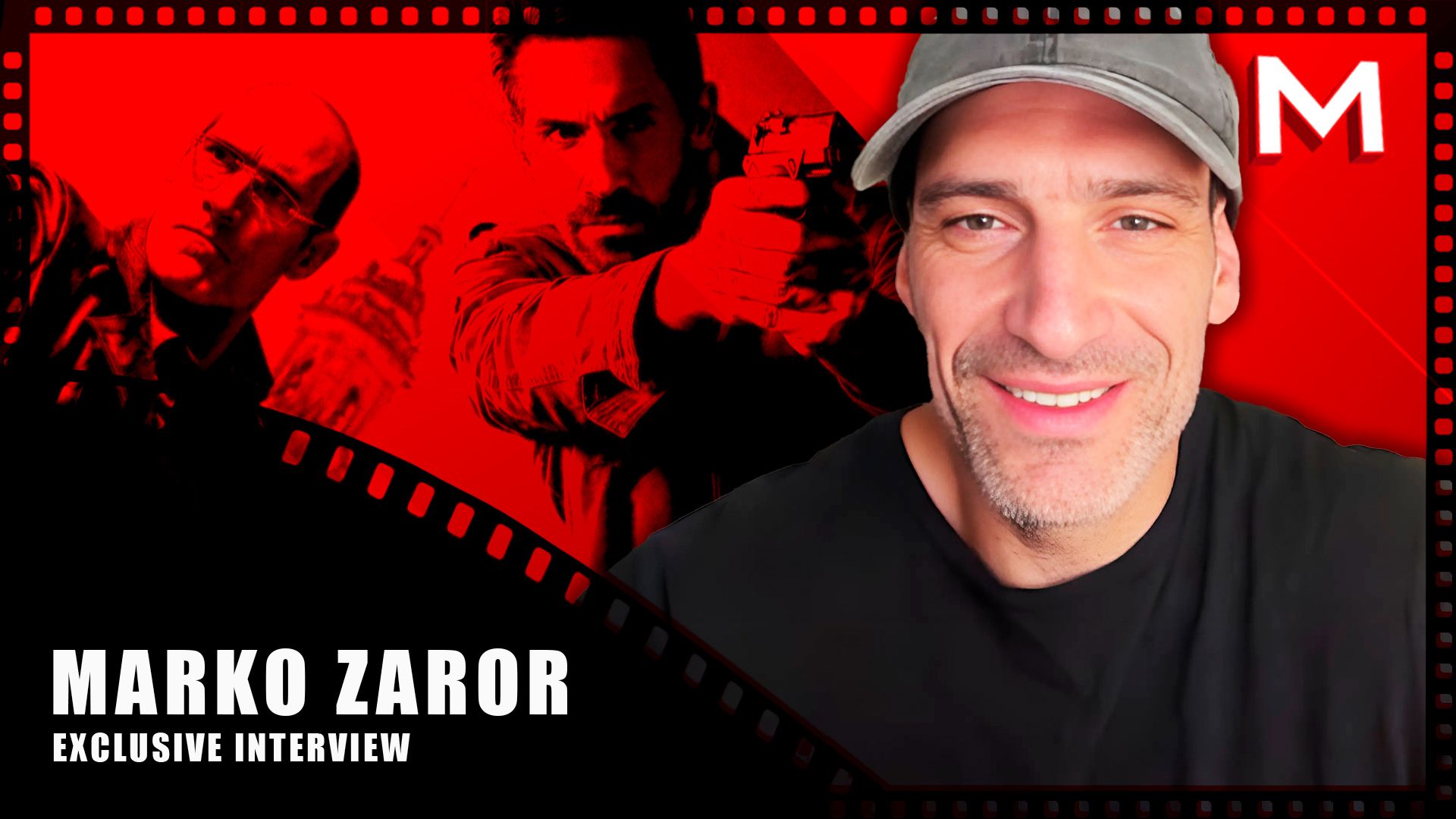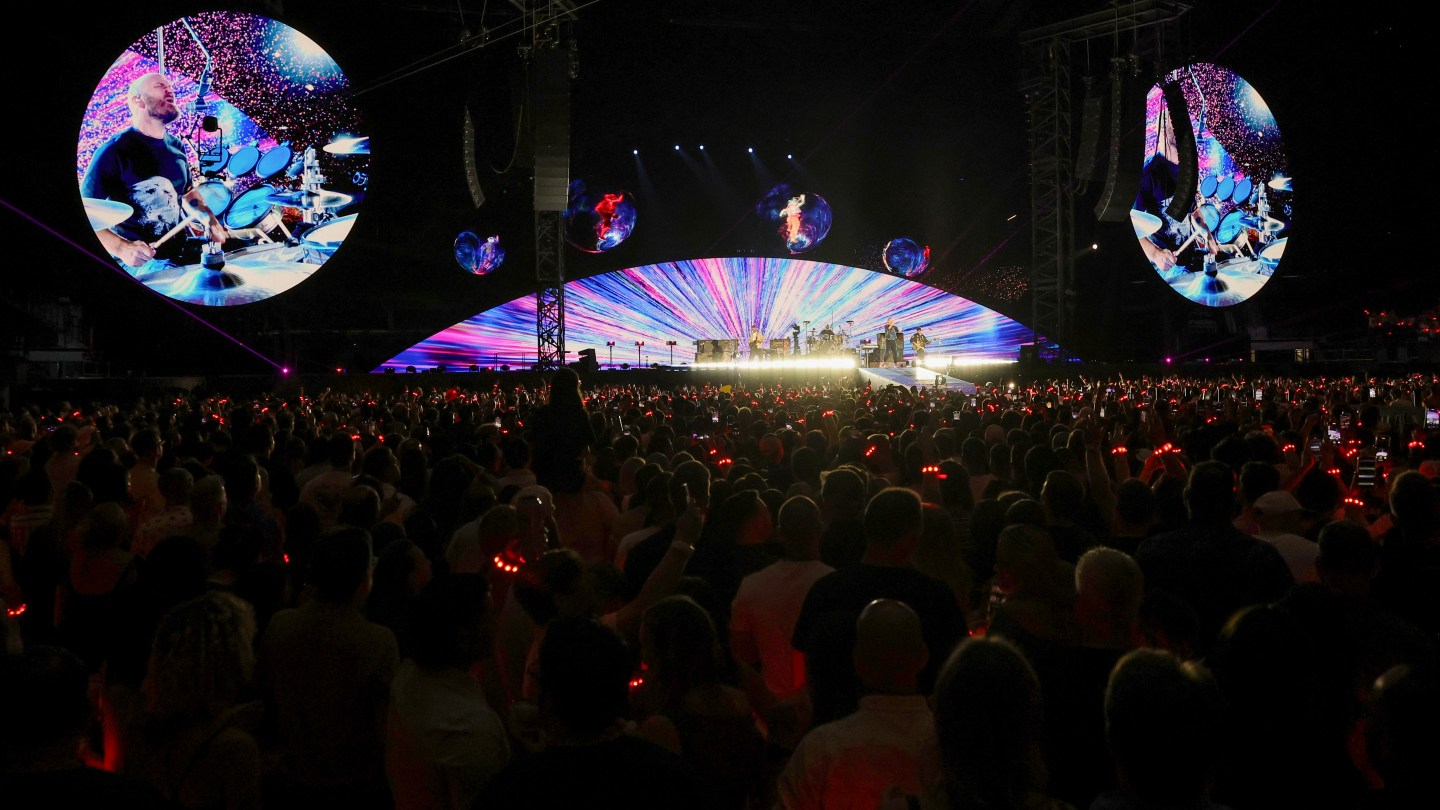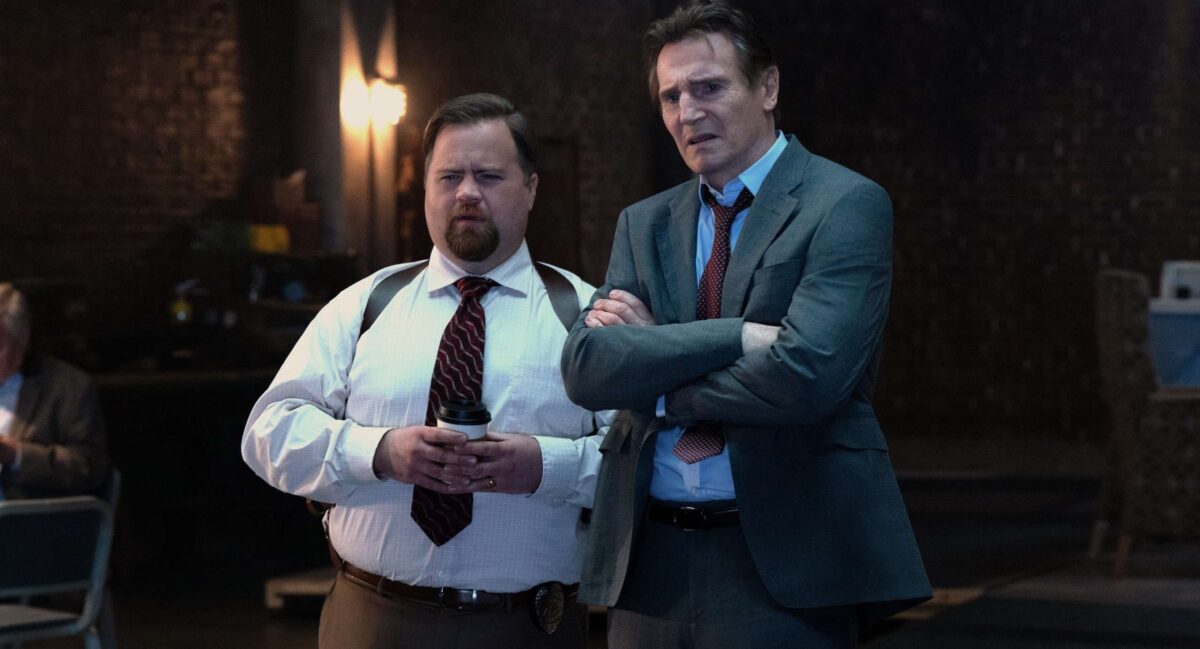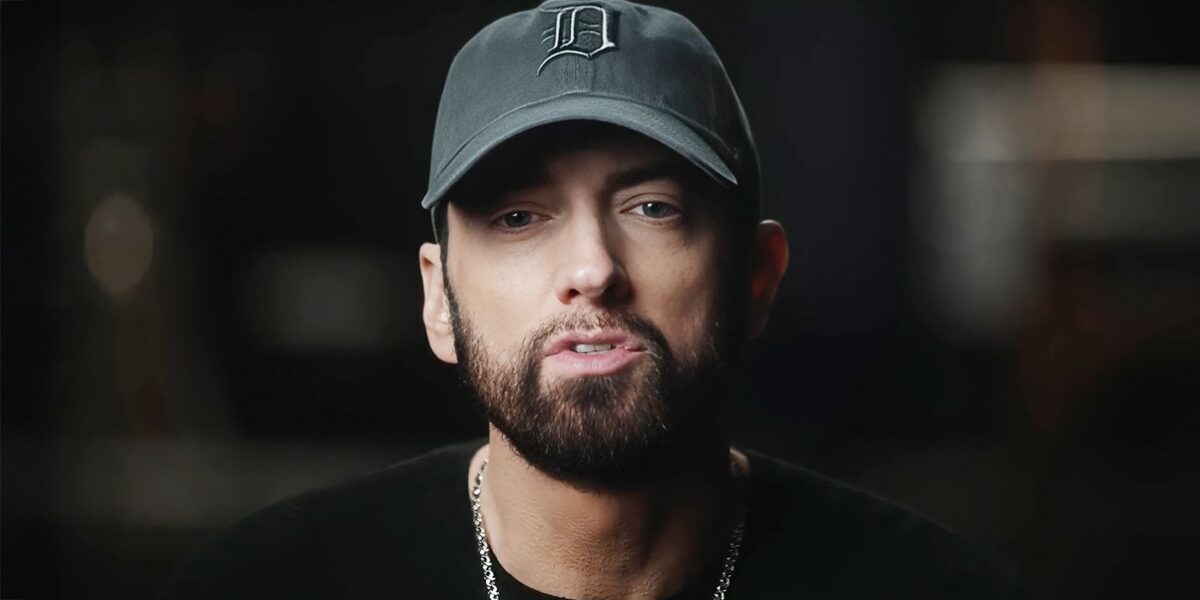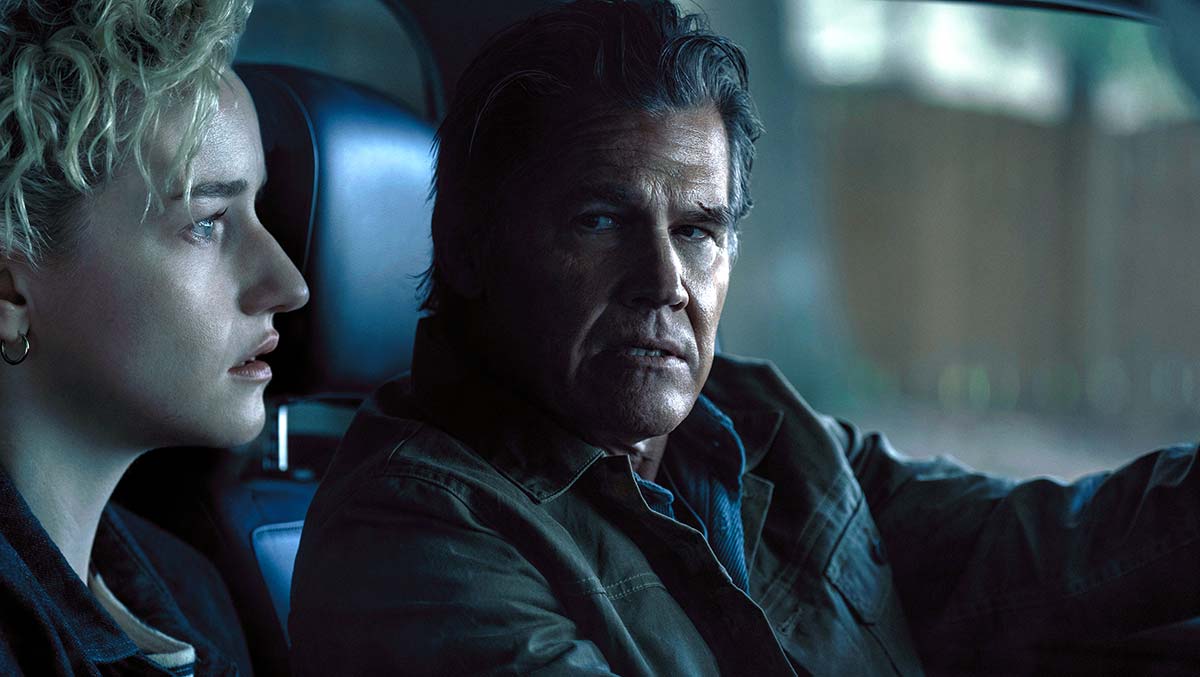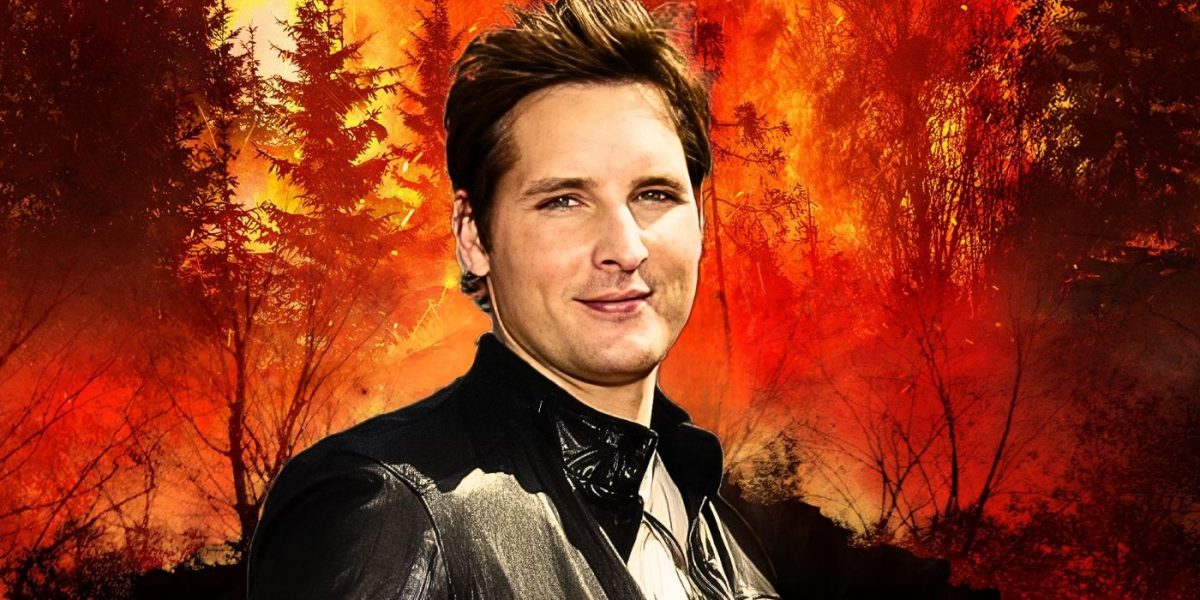
Peter Facinelli on Making ‘On Fire’ and Having to Step In to Direct
Sep 30, 2023
The Big Picture
On Fire is an inspirational family survival film that celebrates firemen and first responders while addressing the growing issue of wildfires in communities. The movie highlights the importance of family dynamics and showcases heroic moments from each character, emphasizing the message of overcoming challenges together. The film successfully captures the intensity of a forest fire through effective storytelling and movie magic, combining practical effects and CGI to create a realistic and immersive experience for viewers.
[Editor’s note: The following contains some spoilers for On Fire.]From director/co-writer Nick Lyon, the indie drama On Fire follows a family that suddenly finds their ordinary life threatened by an encroaching wildfire. When Dave Laughlin (Peter Facinelli, who’s also a producer on the film) is forced to escape through the enflamed surrounding countryside with his pregnant wife (Fiona Dourif) and their son (Asher Angel), they must rely on the guidance of a 911 operator long enough for the fire department to get them to safety.
During this 1-on-1 interview with Collider, Facinelli talked about why he connected with this story, what makes this so much more than a survival film, exploring the family dynamics, making sure the fire looked right, having to unexpectedly step in to direct towards the end of filming when Lyons got COVID, and how he feels he’s grown as a director since the first time he took the helm.
Since On Fire is being released by the independent, non-AMPTP affiliated distributor Cineverse, SAG-AFTRA approved an interim agreement for union members to talk about the film without being in violation of the strike order.
Collider: Just a few years ago, it would have been scary to imagine finding yourself having an experience like this. Now, this film is scary because we’re too familiar with fires like this. How did this story speak most deeply to you? What was it about this that you most connected with?
PETER FACINELLI: When I read the script, even a few years ago when we started making this movie, there were so many fires on the news already. I looked at this script and I thought, “This is an interesting take on this,” because it’s an inspirational story about this family that overcomes, but it also celebrates firemen and 911 operators and first responders. It gives hope, at the end of the movie, and it hopefully gives pause as to how we, as a community, can come together and fix this issue that’s becoming way too common. So, those are all the things that drew me to it. And I enjoyed the throwback to the old family survival film, in a smaller, more intimate way.
Image via Cineverse
This is a survival disaster movie, but taking place in a forest fire means that, no matter how skilled you might be at escaping something like that, it doesn’t really matter. If the fire doesn’t want to cooperate, there’s not a whole lot you can do about that. It’s one thing to know how scary that is in theory, but how did you get a real understanding of that? Was there any research you did that you feel most helped you understand what an experience like this would be like to try to survive?
FACINELLI: I have to give credit to Ron Peter and Nick Lyon for writing the script. All of that was mainly in the script, as far as the journey the characters go on, and I’m sure there was research there. For me, as an actor, there are times when I have to do lots of research and learn a new skill, and some characters are further away from me. With this one, I’m a dad and can use my imagination to understand what it would be like for my family’s lives to be at risk. The beauty of this film is that there are films that are more patriarchal, where the dad’s the hero and the poster is a guy hanging off a building, who says that he’s gonna save his family at all cost. With this movie, the dad is doing the best he can. He’s just an average guy who has his own issues and problems. You meet him and he’s got bills that have piled up, a dad who’s sick, a baby on the way, a son going off to college, which he can’t afford, and a new career. He’s got this new construction company that he’s trying to get off the ground. He’s got a lot of weight on his shoulders already. And then, all of a sudden, this fire comes to his front doorstep, and all of those problems become anthills compared to a night of trying to just survive. When you put all your worries and troubles in perspective like that, there’s a growing journey that he goes on.
My character realizes that, no matter what comes our way, as a family, we can overcome. I like the message of that. A film like this, on the outside, is a family survival film, but on the inside, there are all these wonderful takeaways. You take away this family journey. You take away that each one of the characters have heroic moments, so there’s not one hero of the film. Fiona Dourif’s character is probably the most heroic because she’s eight months pregnant and running through the woods with 30 extra pounds and a baby to protect. We lean each other, as a family, and it’s beautiful to watch that growth as you watch the film. And then, we try to celebrate firemen and first responders and 911 operators. You get to see their journey and how they help and where their courageous moments come from. And then, we leave off with some hope and some new beginnings, and hopefully get the audience to think about how we can come together in this community to solve this fire issue that we’re having. All those takeaways are under the umbrella of a suspenseful family survival film.
I really liked how this family had to work with each other, the whole way through. It was about how they worked together, even if it was just pushing each other that little bit when they didn’t feel like they could anymore.
FACINELLI: Yeah. There are little moments that always stand out to me when I watch it. There’s a moment when the dad is under all this pressure trying to get his family through, and the son says something, and the dad snaps at him, and the mom calls the dad out on his bad behavior, so the character ends up apologizing to his son for that. We’ve all been in those stressful moments where we’ve snapped at our loved ones, and then had to reset and rethink. I like that because it’s such a real moment and it shows this family dynamic. It shows that the dad, the real patriarch of the family, is a person who can take onus for his actions and also apologize to his family, and he’s not the one that has all the answers. I think everyone who watches the film will have different takeaways.
Image via Cineverse
There’s this family at the center of this story, but then there’s also the relationship with the 911 operator, who you’re never even in the room with, even though it’s an equally emotional and important relationship. What was it like to figure out what that emotional connection would be without actually getting to share scenes together?
FACINELLI: There’s an arc and a journey that both the 911 operator is having, and that our family is having, and then those journeys meet up. The 911 operator starts off with this girl who just started her job. She’s only a couple of weeks into the job in this sleepy town where the biggest thing that happens is a cat getting stuck in a tree. And then, all of a sudden, she’s manning ground zero for this catastrophic, horrific event that’s happening and she feels like she’s failing miserably because she’s frustrated that she can’t help every person. There’s a line that her supervisor says that’s like, “You can’t save everybody. All you can do is help one person at a time.” It’s so heartbreaking because, of course, she wants to save everyone, but she won’t know what happens to each of them because she’s gotta move on to the next and on to the next. And then, when she meets my family, she actually gets to help this one family and she can walk away feeling like she made a difference in these people’s lives. She was very instrumental in our journey, and without her, we might have perished. That just shows the importance of these 911 operators, first responders and firemen and their heroism.
What was it like to figure out the movie magic of it all, when it came to shooting the scenes with fire? What was it like to bring that to life?
FACINELLI: There’s a challenge there for actors because it’s easier to react off of something than it is to use your imagination to pretend like a dragon is attacking you. Those green screen scenes require a lot of imagination and acting. We didn’t have green screen in this film, but it was equivalent to green screen, in the sense that there was no fire. The house wasn’t on fire behind us, but we’re running from the house and we have to feel the heat on our neck. You have to imagine what that would feel like and imagine the smoke. Even when the smoke has dissipated, there’s always smoke. You have to keep in mind all the elements, as well as interact with the actors in the scenes and not forget where you are in the movie. You just have to commit, 110%. There’s no halving it. And then, when you look into the other actor’s eyes, you have to give them a lot of credit because they’re right there with you. You can tell, if one of one person is not in it. But we had actors that were really wonderful. Fiona Dourif, Asher Angel and Lance Henriksen were pros. You’re working with each other to make each other better.
Image via Cineverse
What was it like to see what it ultimately looked like, once the film was all put together?
FACINELLI: I was a part of that process in the editing room, creating the fire, and it’s a delicate balance. You’ve wanna make sure that you hold back on the fire and use it when you need to. Too much fire sounds exciting, but then you become numb to it. Creating the fire elements with CGI is a difficult thing to create. We spent a lot of time trying to get it right because it would come back and look too cartoony, and then you’d send it back to them and they’d try different shades of black and different shades of orange. You’re constantly giving notes back and forth until it looks and feels right. And then, we had some stock footage that we mixed in with the movie. The test, to me, is that when I watch the movie now, I can’t tell the difference between the stock footage and the CGI stuff that we created. That, to me, feels like we did a good job. We had to map that out and put the fire in when we felt like it was an element that we needed. The antagonist of this whole movie is the fire, so when we created that fire in post-production, we really wanted to give it a feeling of being a character in the film. We even gave it its own motif, like Jaws had with its score.
You don’t want the audience paying attention to that, but what it does is that it subliminally adds to this growing being. When we did the score, I said to the composer, “Look, I want you to treat the fire like it’s an alien invasion.” The score was so important to this movie because it gave the gears of where we should be with the road map of our emotions in the film, and the first time we did the score, it was too heavily action-oriented and it just didn’t feel right. It felt like we were losing the plot of the family and that it was overtaking the story and trying to be something it wasn’t. So, I said to the composer, “Just slow everything down. Make it more suspenseful when it’s needed, but save most of that for the tail end, in the last 10 minutes, because that’s where we have to really capture the active moments. If we overload it too early, we’ve got nowhere to go.” So, having that road map of the music and score really helped with the tone. Giving the fire its own personality and its own score and its own energy to be a character, in and of itself, helped as well.
It sounds like you weren’t expecting to step in as a director on this film. What do you remember about getting that bit of news, that it was something you would need to do? Normally, when you’re directing a project, you have time to prep and visualize and know exactly what it is you want to do, so what was it like to have to do it, in this way?
FACINELLI: It was life imitating art, and imitating life. In the movie, my character is thrust into this moment of this event that’s happening, and he’s gotta go with it and be in the moment and try to figure it out. And so, here I am, working as an actor and working well with my director. We had a great collaborative spirit, working on scenes and making the dialogue even stronger and throwing in more shades of the themes in the film. And then, when he got COVID, it felt like we lost the captain of the ship and we were too far out at sea to go back to the port. With his blessing, he passed the torch over to me. I had already been working with the crew a little bit, and the actors knew me and trusted me. It was a moment where I just had to step in and take it day by day, but it worked. I didn’t feel overwhelmed. I was very in sync with what Nick Lyon was trying to make and what the ultimate goal was. At the end of the day, it just became about me going in and collecting the pieces I knew we needed. And then, that collaboration spilled over into the editing room and we worked to carve out the film you now see.
Image via Cineverse
How do you feel you’ve most grown, as a director, since the first time you tried your hand at it? What have you learned about your own strengths and who you are, as a filmmaker?
FACINELLI: I think I’ve always looked at scenes as a director. I always feel like I’ve been more of a frustrated director, in the back of my mind. When I was on one of my first movies, I was like, “Do you think we should do this over here?” And the director said, “Just stick to acting.” I didn’t realize that I was telling him what to do with this camera. For me, I’ve been on so many sets and worked with so many wonderful directors, so I don’t know if it’s through osmosis that it spilled into me. I love working with actors because I’m an actor and, as an actor, I’m always working with actors to make the best of the scene. I feel like that all lends itself to directing. I really enjoy being a part of the process of carving out the story. I would say that being an actor has helped me be a director because, as an actor, you’re trying to service the director and their vision. So, when I finish a scene, I’m always like, “Were you happy with that? Do you want me to do this? Did you like that? Am I a good actor? Could you pat me on the back?” You’re always looking to the director because you wanna please them to make sure he’s getting the pieces he needs, since your idea might be completely different from what they want.
When I got thrown into directing this, I didn’t have a director to go to and say, “Are you happy with that?” It was me. I knew what I needed to get for the scenes and it bypassed that whole thing of critiquing my work. It became about me giving to the scene to get what I need to get, but also to give to the other actors as much as I could, to help their performances. My whole goal in the scenes became about, “Let me give as much as I can to get the performances I need from the other actors,” because part of me was directing them in the scenes and part of me was acting in the scene. If anything, I would love to take that into future jobs, where it becomes less about pleasing the director and more about giving to the actors. And then, if the director wants to give me notes, he can, but it’s not about always looking at him and going, “Are you happy?” When you’re acting, it should be about just being in that moment with the other actors and giving everything you can to them because the better they are, the better they’re gonna make you.
On Fire is now playing in theaters.
Publisher: Source link
Bringing Fresh Life to a Classic Spoof Series
After more than thirty years since Naked Gun 33⅓: The Final Insult (1994), director Akiva Schaffer (Chip ’n Dale: Rescue Rangers, Popstar: Never Stop Never Stopping) resurrects one of comedy’s most absurd and beloved film franchises with The Naked Gun…
Aug 11, 2025
This New Documentary Is a Dark Look at Fame, Fandom, and the Career of Eminem
Fandom is a tale as old as time. For as long as there have been artists, creatives and leaders of any sort, there have been people who admired them and looked to them for guidance on how to live their…
Aug 11, 2025
Zach Creeger Drops Mass Destruction Bombs Of Creepy Terror In Spine-Chilling New Horror
Electric, terrifying and hypnotically creepy af, writer/director Zach Creeger’s latest psychological horror, “Weapons,” dips its toe into the unknowable on many levels. Who are your neighbors? Who are the people in your community? And how can you properly articulate the…
Aug 10, 2025
Buckley’s Life Is Put On Display, Only For The Documentary To Fail To Capture Him
It's Never Over, Jeff Buckley never lets us forget that the man, the myth, and the subject of this documentary, Jeff Buckley, was an unknowable enigma. The feature-length exploration of his too-short life ultimately fails to understand him, despite its…
Aug 10, 2025
